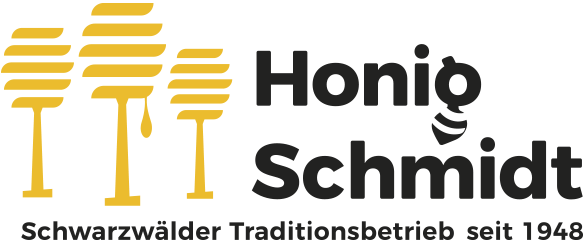For honey lovers, there is nothing more beautiful than starting the day with a fragrant cup of coffee, fresh bread rolls and delicious honey. Now, however, there are quarrelsome minds who cannot be deterred from the fact that the delicious, sticky substance, of which every German consumes an average of 1.5 kg per year, is similarly sugary and nutrient-poor as many breakfast jams. And they are not completely wrong about it either. After all, honey is largely made up of sugar. But unlike, for example, the breakfast jam, where large amounts of cane sugar are often added, honey is mainly found in fructose and glucose. In addition, honey, depending on the variety, contains up to 20 other types of sugar in the smallest quantities.
Researchers have found that this mixture of different types of sugar appears to have a positive effect on human metabolism. And unlike products that have been added to cane sugar, the sugars in honey do not increase the sugar level in the blood as much. This means that the pancreas does not have to produce as much insulin when it comes to honey as it does when it comes to drinking cane sugar products. And this should be of particular interest to diabetics or people who are overweight and at risk of developing diabetes.
In addition to these positive properties, for which the various sugars in honey are responsible, there are other substances in honey that are said to have positive properties. Honey contains several hundred different natural substances, such as flavonoids and enzymes.
Many natural and extraordinary honeys can be found in our honey-shop.
When choosing your honey or other bee products, refer to the many years of experience of Honig-Schmidt - the honey manufacturer in the Black Forest.


